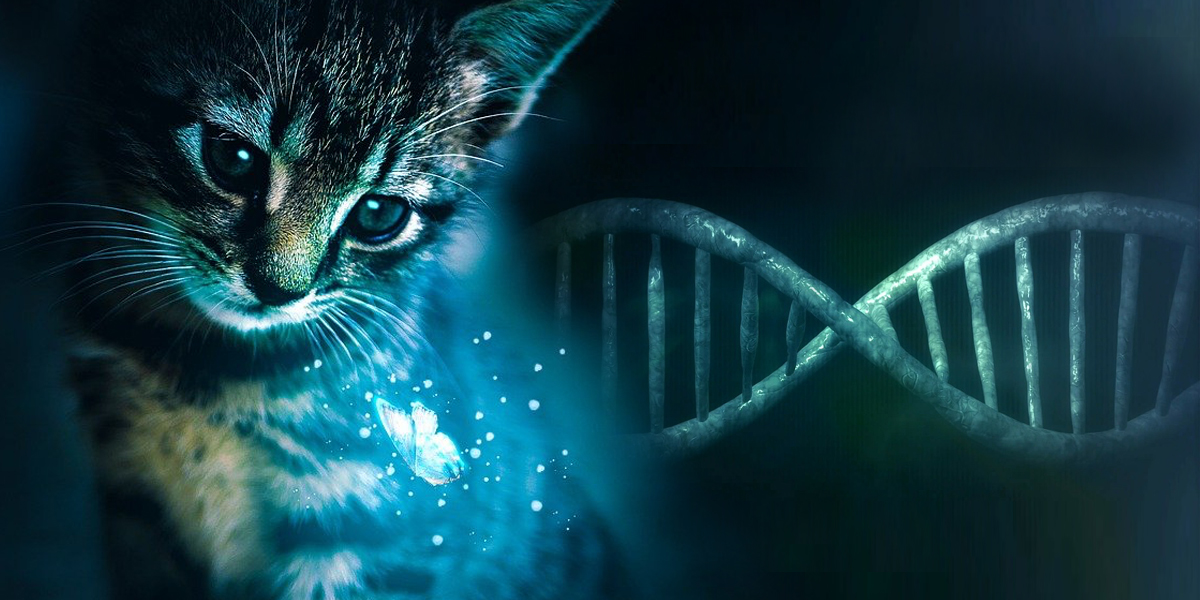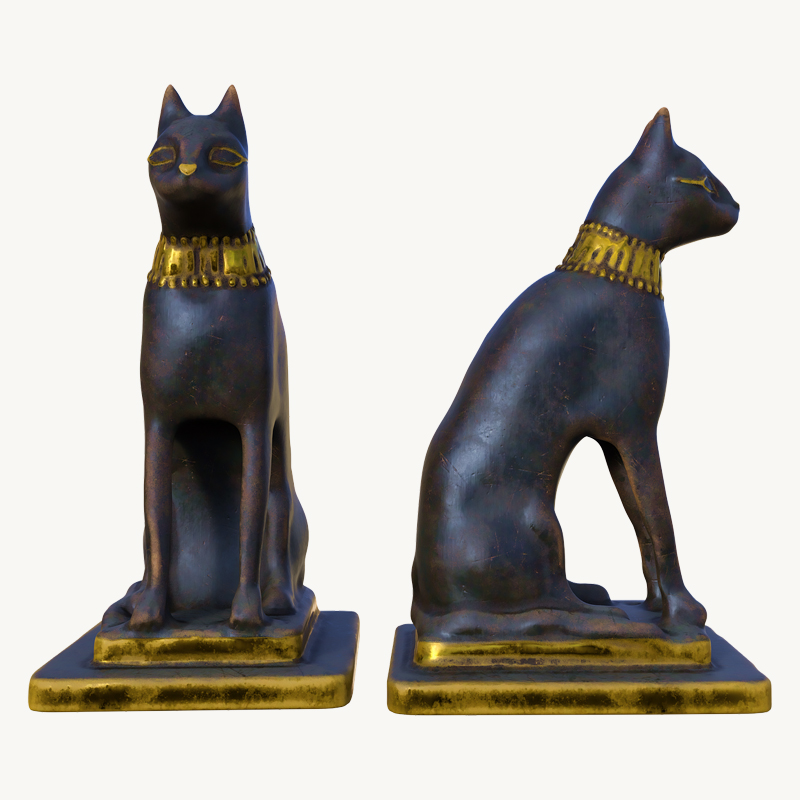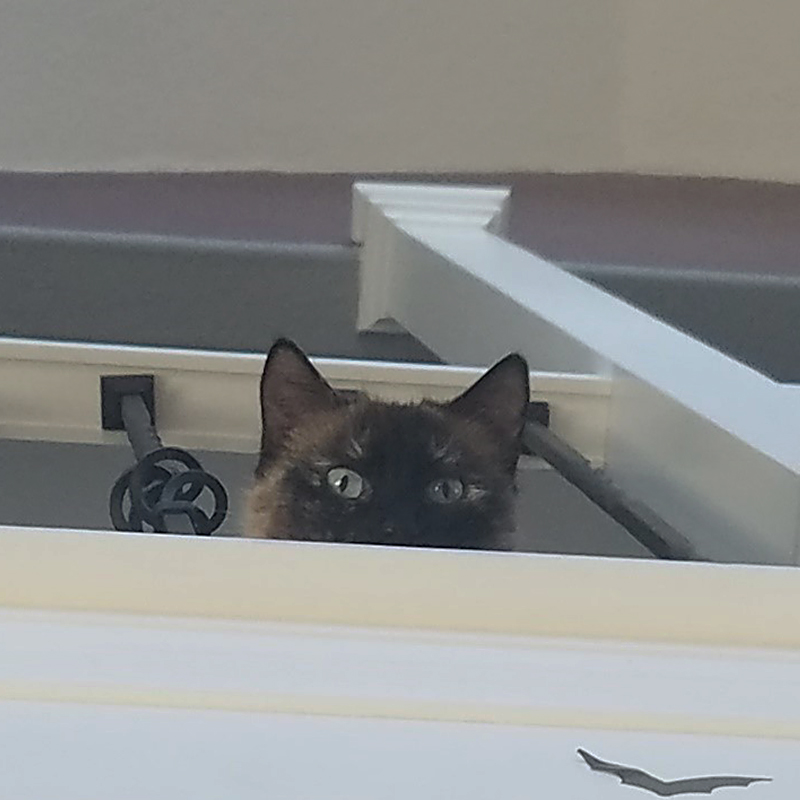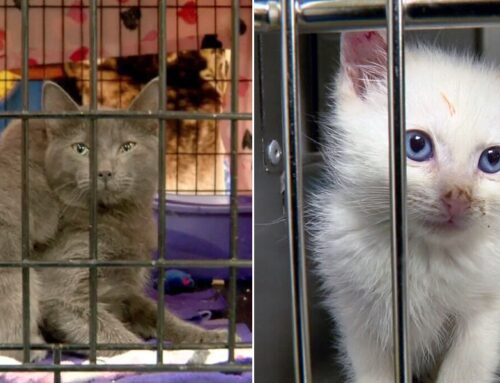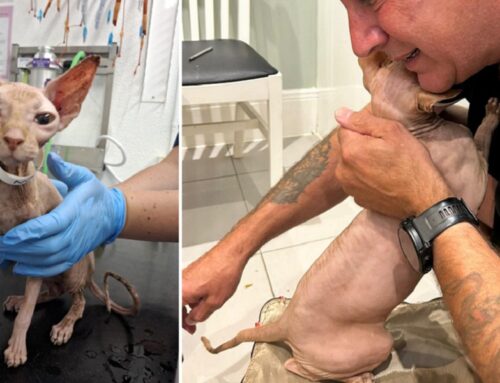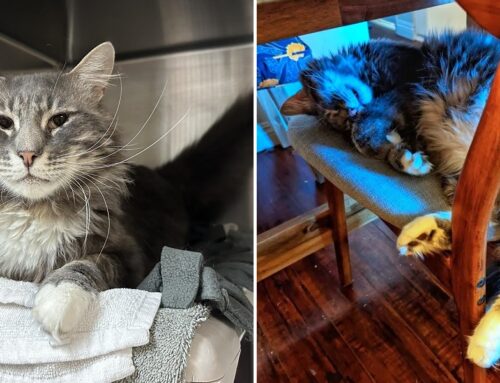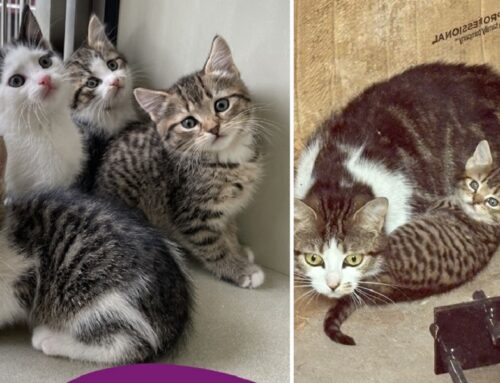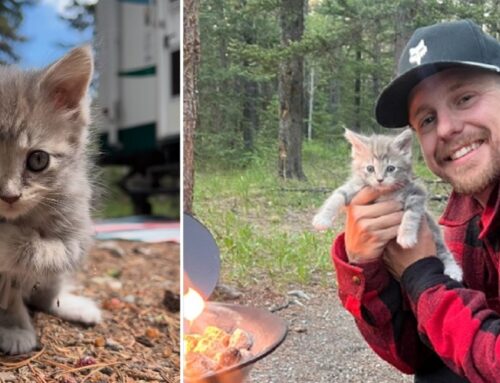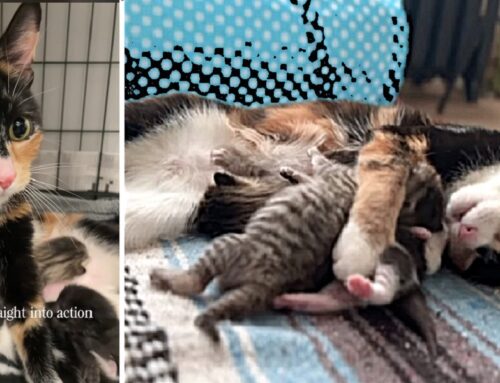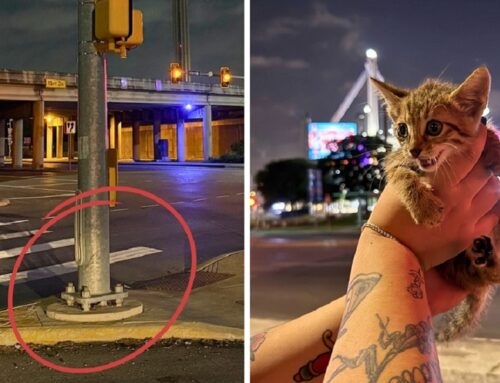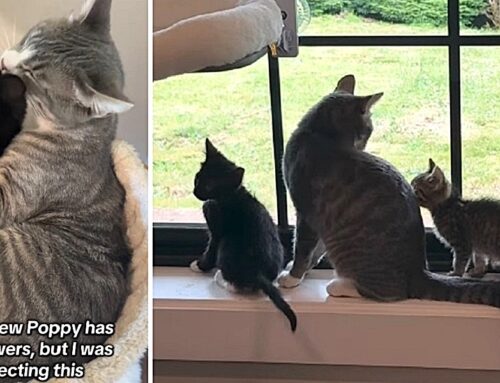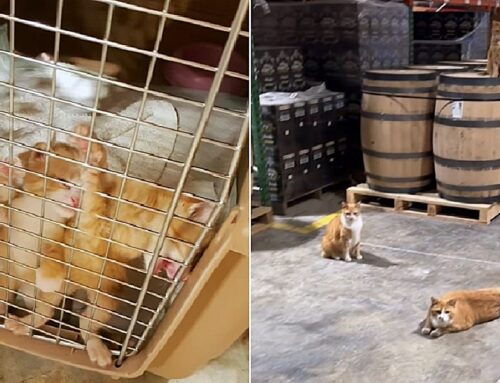Researchers say that cats can help unlock important clues into the human genome, DNA, and health. Notably, this applies to domestic cats (who consider us their willing servants) and wild cats too. Thanks to research, scientists hope to stop diseases found in domestic cats, cats in zoos, and also in people.
Over the years, scientists have tended to study dogs more than cats. For instance, the dog genome was sequenced before the cat genome. Also, there are over 400 dog breeds, but only 40 cat breeds, which means more genetic diversity for study.
Otherwise, the focus on dogs could be due to a general bias. Or maybe, it’s because “cats won’t consent” to being the subjects of study, joked one New York Times writer.
Whatever the reason, the lack of interest in studying cats is changing. Now, a few scientists believe cats may be superior to other animals for studying some aspects of DNA and diseases. For example, cats are helping fight the pandemic. Doctors first used the drug remdesivir against a cat disease caused by another coronavirus.
Advantages Studying Cat DNA
Interestingly, the feline genome has similarities to humans that are overlooked.
“Using cats in research is really overlooked, since people don’t realize the advantages,” says Leslie Lyons of the Department of Veterinary Medicine & Surgery at the University of Missouri.
Lyons and her colleagues call themselves “Team Feline,” and she directs the 99 Lives Cat Genome Sequencing Initiative. Through the efforts, details of the cat genome have at times surpassed those of the dog or even the human genome.
“The goal is to have the complete encyclopedia of the cat’s DNA, so we can actually fully understand the genetic basis for all traits in the cat,” says Lyon’s colleague Dr. William Murphy.
Once the encyclopedia is completed, Lyons’ long-term goal is to save cats, “either by setting up genetic tests for breeders to avoid passing on serious diseases or to do precision medicine in the clinic itself,” she told WIRED.
Thrilled that the cat geneticist is named Leslie Lyons https://t.co/muwZskn07p
— Emily Anthes (@EmilyAnthes) July 29, 2021
Studying Ancient and Modern Cat DNA
When studying cats for genetic research, scientists don’t need to do experiments on the cats. Sometimes, they only need a swab to get a DNA sample.
“Genomic research is fantastic because all we need is maybe a blood sample,” Lyons says. “And so once we have the blood sample, we don’t have to do experimentation on an animal. We’re actually observing what animals already have. We’re working with the diseases that are already there.”
Lil Bub the Internet Star
In 2019, she helped with a DNA study on the Instagram-famous and magical Lil Bub, who passed away in December that year. Unfortunately, Lil Bub had two genetic abnormalities, which may be related to her lolling tongue, extra toes, short stature, and awkward gait.
Thanks to studying the beloved bug-eyed cat, doctors may better identify and treat osteopetrosis patients. Amazingly, they also found the kitty may be related to Ernest Hemingway’s famous six-toed Key West cats.
Egyptian Mummy DNA
In other cases, Lyons has studied mummified Egyptian cats, tracing their DNA to today’s Egyptian cats.
“A couple of groups are moving forward with ancient DNA. I worked on some mummy cats and we showed that the mitochondrial DNA types that we found in the mummified cats are present more commonly in Egyptian cats today than they are anywhere else. So the cats of the pharaohs are the cats of present-day Egyptians,” Lyons told the New York Times.
Cat by Mereen via Pixabay, Pixabay License
Cats Rule and Dogs Drool
Did you know that there’s a good-natured rivalry among cat and dog lovers in genomic science? On occasions, Lyons teases colleagues with the adage that “Cats rule, dogs drool.”
“People tend to either love them or hate them, and cats are often underappreciated by the scientific community,” she says.
Of course, we know that thousands of our followers love both cats and dogs.
As for Lyons, she is owned by three cats: Prince Harry, Meow Meow Kitty, and BratCat. (Also, Cutie Momma and Butch sometimes come to enjoy free meals.)

Meow Meow Kitty and Prince HarryHausen, Image via UC Davis Veterinary Medicine
A Cat’s Genes are Similar in Size to Ours
Unlike dogs or mice, cat genes are closer in size to a human’s, the cat genetics specialist says.
“The dog or mouse genome have rearranged chromosomes that are quite different than humans, but the domestic cat has genes that are about the same size as humans, as well as a genome that, like humans, is very organized and conserved.”
🧬 DNA’ Dark Matter’ 🧬
Recently, Lyons’ article in Trends in Genetics suggested cats can help researchers determine how the so-called “dark matter” in our DNA works. It makes up 95% of our DNA and may not be junk at all as previously thought.
For example, scientists have found that some genetic diseases in cats are related to their genetic dark matter. By looking closer, they may find clues to similar diseases affecting us.
“As we discover that perhaps animals have more similar spacing between genes and the genes are in the same order, maybe that will help us to decipher what’s going on with humans,” Lyons says.
kitten by AnnaHang via Pixabay with DNA PublicDomainPictures via Pixabay
Importantly, cats have other advantages over working with other animals.
“Working with a primate is on the expensive side, but a cat’s affordability and docile nature make them one of the most feasible animals to work with to understand the human genome,” says Lyons.
If scientists zero in on the specific genes involved in a disease, they can treat the root cause, not just symptoms. Then, they could apply the technique to help people. For example, cats and humans may be prone to the same genetic illness, such as polycystic kidney disease. With research, a technique to help cats could soon help people –a win-win for felines and the humans who love them.
Dr Leslie Lyons @Mizzou is discussing inbread cats (😉) as animal model for polycystic kidney disease. #2016ohis pic.twitter.com/IKpPtI2Irw
— BioNexusKC (@BioNexusKC) August 29, 2016
Featured image: kitten by AnnaHang via Pixabay with DNA PublicDomainPictures via Pixabay


